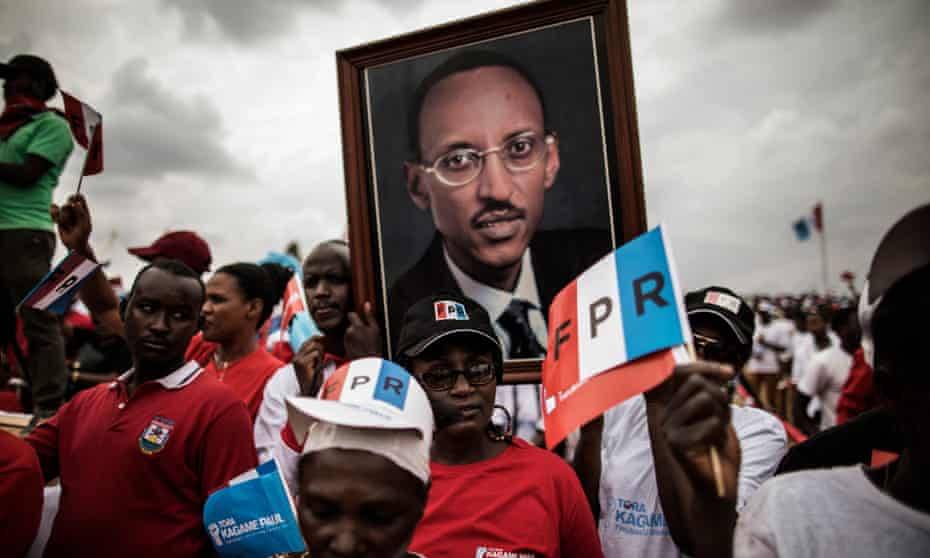The would-be plot to topple the Rwandan government was supposed to have been hatched on the eighth floor of a Los Angeles hotel.
Representatives of a shadowy Chinese mining company had taken over the whole floor, which was bustling with activity. A metal detector had been installed and anyone going in and out had to hand over their phones.
One woman was walking up and down a corridor having a loud conversation in Chinese, and a delegation apparently from a Latin American country were just leaving as the Rwandans arrived accompanied by their newly-acquired financial adviser, a tall, blond Frenchman called Frank Corto.
They trusted Corto because they trusted the person who had introduced him, an American lecturer in social work called Michelle Martin, who had been a volunteer for charitable foundations helping Rwandans. They would later discover that Martin, too, was not quite as she appeared.
At stake, the Rwandans were told, was half a million dollars – and that was just seed money. Ultimately, the Chinese venture was prepared to bankroll an armed uprising with $50m in return for mining concessions to be granted when President Paul Kagamehad been deposed and a new regime was in power.
There was just one problem. The conspiracy’s would-be figurehead, the leader of the opposition Rwanda National Congress (RNC), was not on board. In fact, Theogene Rudasingwa was growing increasingly angry that he had been asked to Los Angeles in the first place.
“They said to me: ‘Do you honestly think that you can remove Kagame with simply political means?’ They kept pushing harder and harder,” Rudasingwa recalled. In the end, he got to his feet and said: “I think we cannot continue, because I didn’t come here to commit to violence, because I do not believe in it and my organisation does not believe in it.”




No comments yet
Be the first to share your thoughts!